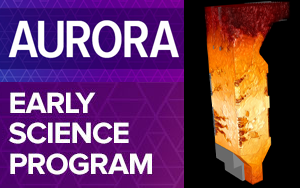 Congratulations to Martin Berzins and the Carbon-Capture Multidisciplinary Simulation Center on their selection as one of ten computational science and engineering research projects for its Aurora Early Science Program starting this month. Aurora, a massively parallel, manycore Intel-Cray supercomputer, will be ALCF's next leadership-class computing resource and is expected to arrive in 2018.
Congratulations to Martin Berzins and the Carbon-Capture Multidisciplinary Simulation Center on their selection as one of ten computational science and engineering research projects for its Aurora Early Science Program starting this month. Aurora, a massively parallel, manycore Intel-Cray supercomputer, will be ALCF's next leadership-class computing resource and is expected to arrive in 2018. Martin and his team will use Theta, a 9.65 petaflops system based on Intel's second-generation Xeon Phi processor and Cray's Aries interconnect for their project, Design and evaluation of high-efficiency boilers for energy production using a hierarchical V/UQ approach.
This project will simulate and evaluate the design of a next-generation, 500-megawatt advanced ultra supercritical coal boiler. In a coal-fired power plant, this design promises to reduce the boiler footprint 50%, saving costs and improving efficiency (53% efficiency, compared with traditional-boiler 35% efficiency), and also reducing CO2 emissions by 50% relative to a traditional boiler. Simulations on Aurora using the Uintah asynchronous many-task software will incorporate validation and uncertainty quantification (V/UQ), predicting thermal efficiency with uncertainty bounds constrained by observed data.
